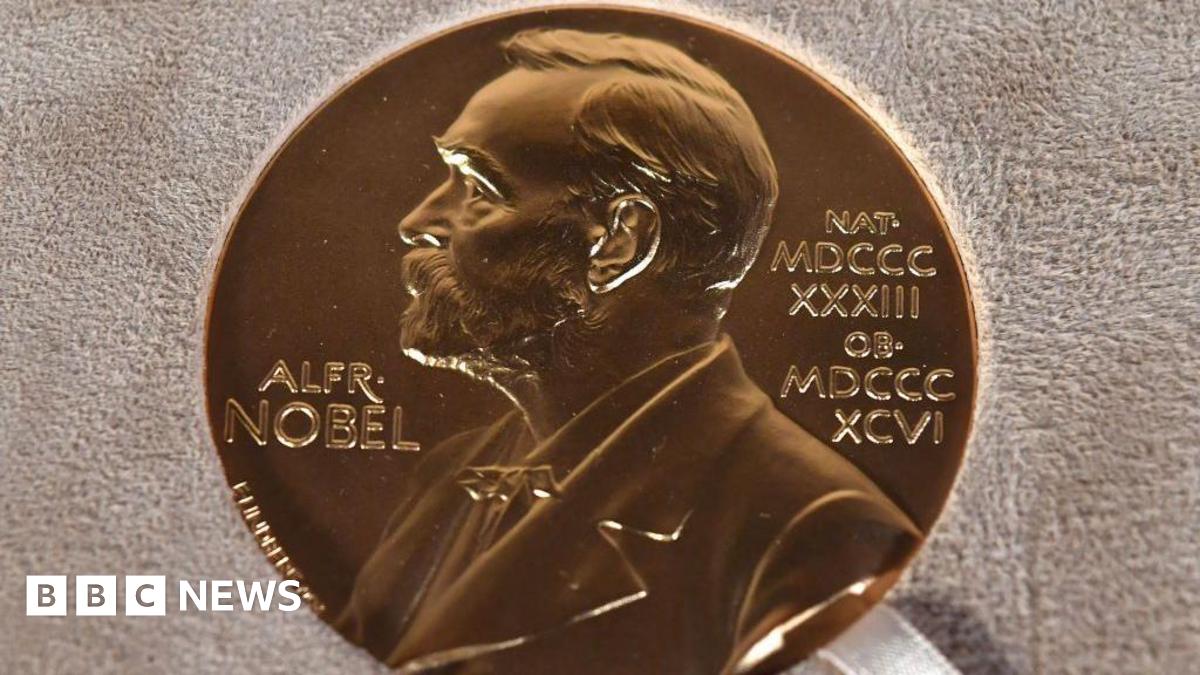"Their discoveries have been decisive for our understanding of how the immune system functions and why we do not all develop serious autoimmune diseases," says Olle Kämpe, chair of the Nobel Committee.
The trio's research is critical to understanding how the immune system works – how does it protect us from thousands of different infections that are trying to invade the body? But, at the same time, leaves our own tissues unscathed?
Our immune system uses white blood cells that look for signs of infection – even viruses and bacteria that it has never met before.
The cells use sensors – called receptors – that are made randomly in a quadrillion different combinations.
This gives the immune systems the capability to attack a wide variety of invaders, but the randomness of the process inevitably makes white blood cells that can attack our body.
Scientists already knew that some of these problematic white blood cells were destroyed in the thymus – where white blood cells mature.
The Nobel prize this year goes to the discovery of regulatory T-cells – known as the immune system's security guards – which travel the body to disarm any other immune cells attacking the body.
We know this process fails in autoimmune diseases like type-1 diabetes, multiple sclerosis and rheumatoid arthritis.
The Nobel panel added: "The discoveries have laid the foundation for a new field of research and spurred the development of new treatments, for example for cancer and autoimmune diseases."
In cancer, the regulatory T-cells stop the body from fighting the tumour so research is focused on reducing their numbers.
In autoimmune diseases, trials are looking at boosting regulatory T-cells so the body is no longer being attacked. A similar approach could also be effective in reducing the risks of an organ transplant being rejected.
